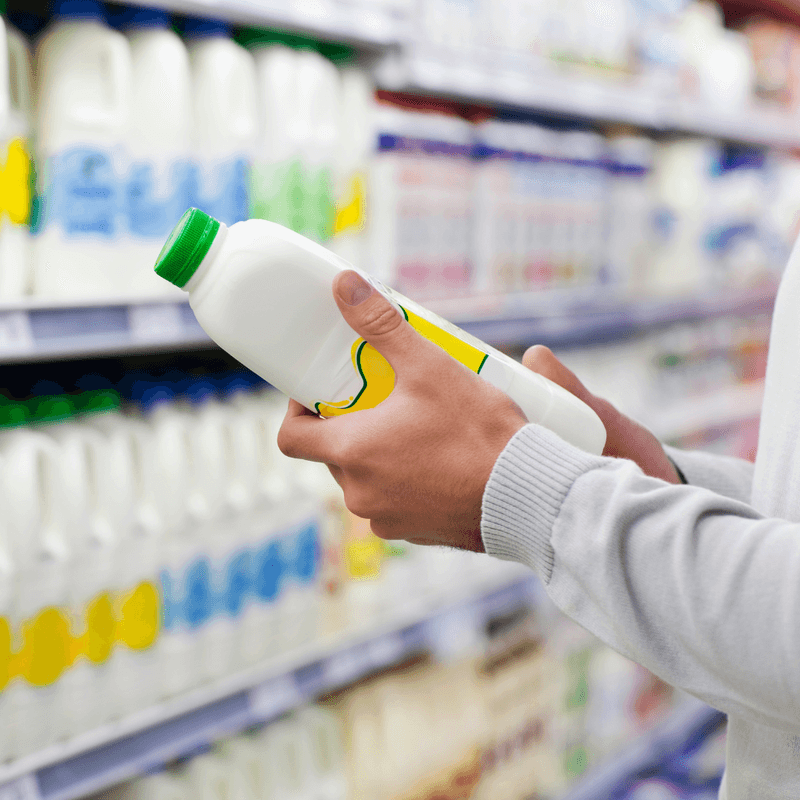Not-for-profit Cellular Agriculture Australia (CAA) has launched the first cellular agriculture Regulation Resource Hub.
Developed in consultation with leading industry partners and regulatory consultants, the suite of online learning materials aims to streamline the food safety application process for cellular agriculture companies in Australia with regards to submission and approval of dossiers.
CAA said that whilst the Australian regulatory framework is well-equipped for the approval of products produced using cell cultivation and precision fermentation technologies, there is currently a lack of precedents on how companies should navigate the regulatory process.

The non-profit emphasised that the current system lacks clarity and consistency regarding the role of different stakeholders. It also said there is no standardised approach to the development of applications to regulator Food Standards Australia New Zealand (FSANZ), facility certification, or engagement with state-based authorities in Australia.
CAA said the resource hub includes pre-populated dossier templates and step-by-step guidance material on Australia’s food safety regulation framework for novel foods and foods produced using gene technology, all developed in consultation with FSANZ and state-based regulators.
“CAA’s facilitation of the regulatory dossier template development with key industry stakeholders will simplify the regulations approval pathway,” said Sonja Kukuljan of Noumi, a founding member of the project.
Kim Tonnet, Head of Regulatory Affairs & Government Relations at All G Foods, added that: “Even with an experienced in-house regulatory scientist, regulatory support available to All G Foods to enable its pre-market approvals was limited. Hence the importance of CAA’s work to engage with regulators, applicants and service providers to map out a clear pathway with detailed information on how to address the various safety requirements.”
“Australia has an opportunity to be one of the global leaders in cellular agriculture and accessible, time-efficient, and cost-effective food safety regulation is a key to that. The time is ripe to position ourselves as an attractive base for both local and cellular agriculture international companies,” said Sam Perkins, CEO of CAA.

Global regulatory approval for Cell Ag products is growing, with products now approved for sale in Singapore, the US, India, and Switzerland. In Australia, Impossible’s soy leghemoglobin was approved in 2020, representing the first application for a cultivated meat product in its latter stages.
Cultivated meat company Vow has already passed the safety inspection for its quail product and is currently in the public consultation stage of the regulatory process, and several other companies are poised to apply for food safety approval in 2024.
Regulatory consultants that participated in the initiative include All G Foods, APAC Society for Cellular Agriculture, Eden Brew, Noumi, and Vow, among others.
In addition to the resource hub, CAA also recently released a cellular agriculture language guide to address discrepancies in terminology used within the sector.
Users can learn more about the CAA’s Regulation Resource Hub here.
To stay up-to-date on the latest industry headlines, sign up to Future Alternative’s enewsletter.
Posted on:


